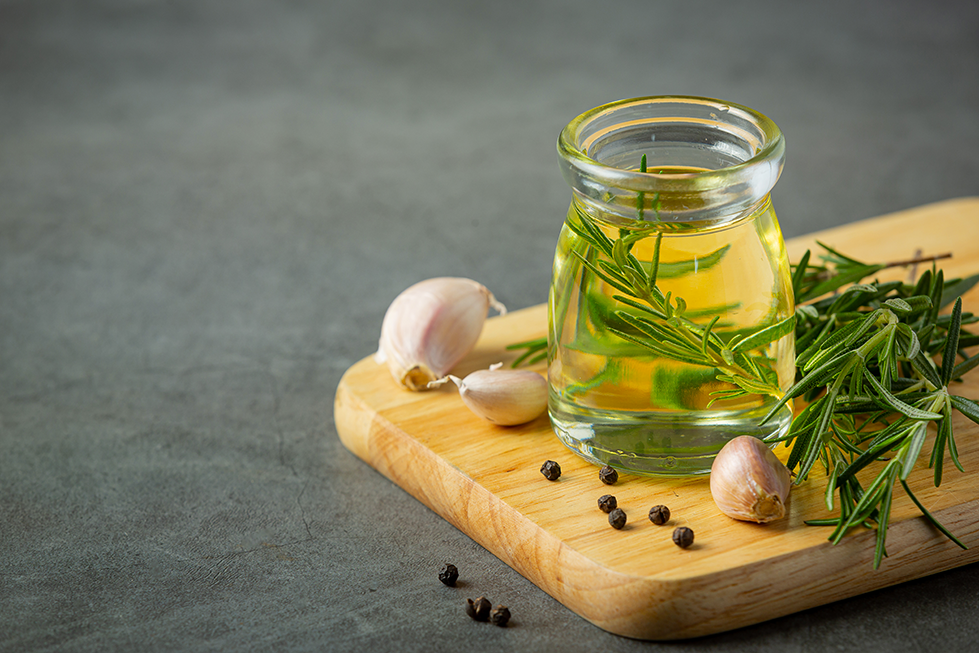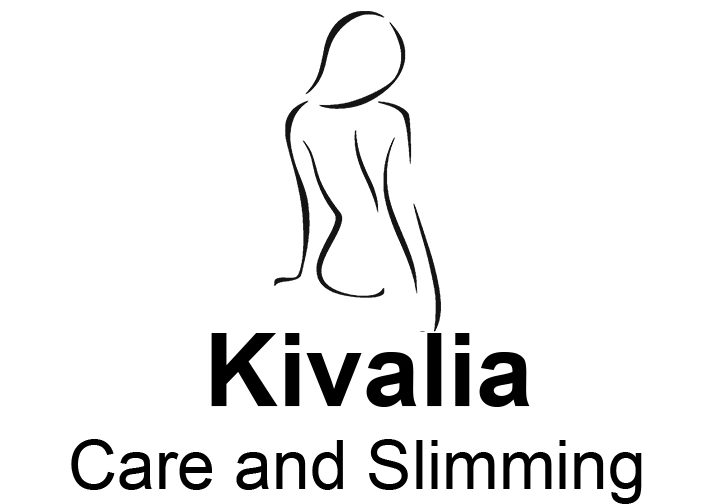Swollen belly
A swollen belly can be caused by bad eating habits or by reasons such as intolerance to certain products, menstruation, stress, pregnancy or illness. Identifying the cause of your swollen belly will help you find a solution.
Swollen belly: what causes it?
Why does my tummy swell? To understand what causes this problem, you need to pay attention to the symptoms. Is your stomach permanently swollen? Does it happen at night, in the morning or only after meals? Is your stomach hard or soft? Not only that, you should also take the time to observe the effects. Does it not really bother you or do you feel pain? If so, is it always present or only when you make a particular movement?
Is it located on the right side, above the navel or rather on the lower abdomen? Are there any other symptoms that accompany your swollen belly? It could be constipation, fatigue… Take the time to do a real check-up of your symptoms, as there can be many reasons for a swollen belly.
Here are the most common causes for a bloated belly:
– Diet
Bad eating habits can make your tummy swell. For example, raw vegetables eaten in too large quantities and/or too frequently can irritate the intestine. You may also have a food intolerance such as milk or gluten.
The symptoms that are often noticed with these intolerances are a swollen belly. You should therefore take a closer look at what you eat. It can also be due to the way you eat. A meal eaten too quickly can slow down digestion and cause a bloated feeling.
– Gas
Again, there are several reasons why gas can occur. It can be caused by fizzy drinks, eating certain foods, but also by eating too quickly, without taking the time to chew properly. Gas can cause a pain in the stomach, a bit like a stitch in the side.
– Menstruation, pregnancy or the menopause
It is common to have a swollen belly when your period arrives. During pregnancy and the menopause, this effect is also sometimes observed. Age can play a role: for example, a person who has gone through menopause may find that their digestion slows down over time. In general, if you are over 40 or 50, take a moment to analyse what is really going on in your body after meals and adjust your diet accordingly.
– Stress
Stress will not necessarily cause belly bloating, but it can make certain symptoms worse and more noticeable.
– A medical condition
Many conditions, both serious and minor, can cause the stomach to swell. Constipation is one of them, but there are others, including irritable bowel syndrome, Crohn’s disease and colon cancer. If you are in doubt, have persistent pain or worrying symptoms (fever, nausea, etc.), you should of course talk to a health professional. He or she will be able to determine the cause of the problem through thorough examinations and propose an appropriate treatment
– A pathology
There are many conditions, both serious and benign, that cause the stomach to swell. Constipation is one of them, but there are others, including irritable bowel syndrome, Crohn’s disease and colon cancer. If you are in doubt, have persistent pain or worrying symptoms (fever, nausea, etc.), you should of course talk to a health professional. He or she will be able to determine the cause of the problem thanks to thorough examinations and propose an appropriate treatment.
What to do about a swollen belly?
My stomach is swollen, what can I do? If you are asking yourself this question, you should know that there are solutions to relieve your concern.
To begin with, take the time to eat and if possible at regular times. Sit down in a quiet place where you feel comfortable, turn off the TV and really enjoy your meal. Chew your food properly and wait until you have swallowed well before putting food back in your mouth. This will help you to have a healthier digestion and a flat stomach.
Also note that when you eat slowly, you tend to feel full before the end of the meal, which is an interesting tip for people, male or female, who want to lose weight to become slim.
If you suspect that certain foods are causing you to have a bloated belly, try cutting them out of your diet for a while (making sure you keep a balanced diet). This may involve going gluten-free or lactose-free, for example. Other foods can make your tummy swell, such as cold cuts, raw vegetables or even spices. Be extra vigilant and keep a note of the meals you eat and whether or not they are followed by symptoms.
Change your drinking habits: leave out soft drinks and alcohol for a while. Also, try to drink as much water as possible, about 1.5 to 2 litres a day, but between meals rather than during.
Another simple and natural solution is to take a short walk after your meal. This is an easy activity that will help you to feel more comfortable with your digestive system. Generally speaking, sport is excellent for removing abdominal fat, but you don’t necessarily have to spend your life in the gym to achieve this result. A walk, a bike ride, a few swims in the pool or a few weight training sessions can already help.
In addition, it helps to strengthen your abdominal wall, which has a positive effect on digestion.
But be careful: when you want to get a flat stomach, you tend to do a lot of sit-ups. However, some exercises cause the muscles to grow, and this can be seen: the waist thickens and the belly seems to grow in size.
It may be more interesting, especially for women, to turn to hypopressive ab exercises, such as the plank. This works the deep muscles, which is much more effective in achieving a flat stomach and a slim waist.
And finally, if you think your stress is contributing to your bulging belly, try to relax. This could be a massage, reading an exciting book by the fire, yoga, meditation, heart coherence exercises… You have a wide choice, it’s up to you to find the solution that will allow you to relax on a daily basis.
Don’t hesitate to talk to your doctor if these solutions don’t work for you, as this may indicate a health problem.
10 home remedies to avoid a bloated tummy
There are simple and natural solutions that can help you to deflate your tummy, or prevent it from swelling. If you’re thinking “I have a bloated tummy, I need a remedy”, here are 10 to try straight from naturopathy!
1/ Bicarbonate cure
To relieve a swollen belly, mix a teaspoon of bicarbonate of soda in 200 ml of water and swallow. It’s not very good, but it’s very effective. You can also make a cure by adding lemon juice to this mixture. Then drink it every morning for 15 days.
2/ Fennel seeds
This easy remedy is very effective in making the stomach swell: you just have to chew fennel seeds conscientiously. After a few minutes, the gas should disappear.
3/ Star anise
Heat the equivalent of a cup of water and add 4 stars of Chinese star anise. Leave to infuse for 10 minutes, strain the star anise, then drink this delicious aniseed-flavoured drink.
4/ Chamomile
Treat yourself to a moment of pleasure with a chamomile tea. You can prepare it yourself or buy it in a shop ready-made.
5/ Mint tea
A tasty mint tea after a meal will ease your digestion and help you fight a bloated belly.
6/ Vegetable charcoal
You can easily find charcoal tablets in supermarkets or pharmacies. It has a radical effect on a swollen belly, as it can swallow up to 100 times its size in gas! There’s nothing like it to give you a nice flat stomach and a feeling of lightness. You can also consume it as an herbal tea: simply pour 1 tablespoon of powdered activated charcoal into a glass of warm water, stir, then drink.
7/ Essential oils
There are various essential oils that can be used when your stomach starts to swell. You can massage your belly with mint, coriander, aniseed, curcumin and other essential oils. However, there are some contraindications to the use of essential oils: for example, it is not recommended for pregnant or breastfeeding women.
8/ Turmeric powder
Boil the equivalent of a cup of water, then pour in a tablespoon of turmeric. Leave to infuse for at least two minutes, then drink gently.
9/ Thyme
Heat water in a pan, add fresh thyme and leave to infuse for 10 minutes, covered. Then simply strain the leaves and drink the tea.
10/ Rosemary
Boil water for a cup, add 1 teaspoon of rosemary, leave to infuse for 10 minutes and enjoy.
Your anti-puffiness programme to get a flat stomach, here is an example of a typical day to follow:
– Breakfast: a hot drink, 2 slices of farmhouse bread with a knob of butter, cottage cheese and a peeled pear.
– Lunch: a wholemeal rice salad with surimi, salmon en papillotes, some crunchy radishes and a fruit salad.
– Afternoon snack: yoghurt (with active bifidus if possible) and a biscuit.
– Dinner: grapefruit, white ham, carrot purée and fruit compote.
You can vary this typical day, bearing in mind that you should avoid foods that irritate the transit system or cause too much fermentation. Fibre, yes, but choose it well!
For example, you should avoid beans, leeks or lentils and not overdo raw vegetables. As far as fruit is concerned, avoid prunes and bananas for a while, as they may aggravate your problem. Remember to peel fruit and even tomatoes, as the skin around them can irritate the intestines.
Dairy products can be completely eliminated or limited to skimmed or semi-skimmed milk products. You can also turn to plant-based milks.
For a truly flat stomach day, drink an anti-bulge tea after your lunch and dinner. For example, a thyme or rosemary infusion. You can drink up to 3 of these a day and they are also good for your health. During the day, try to drink at least 1.5 litres of water (preferably enriched with magnesium) between meals and avoid soft drinks and alcohol as much as possible.
Also remember to take care of yourself: try to schedule a sports session during the day, even if it’s just a walk after a meal. Also take a moment, for example in the early evening, to relax: meditate, run a bath, read a novel, listen to music…
To find out more about anti-bulge tips or discover effective methods to get a flat stomach, check out the other articles on this site.

How to lose a swollen belly ?
This small belly is often a source of complexes that can be very hard to live with on a daily basis. On top of that, a swollen belly is often embarrassing. Bloating, feelings of heaviness, … the harmful effects of the swelling of this dear belly are infinite.

Herbal medicine for a swollen stomach?
Dreaming of having a flat stomach concerns most men and women.
But to achieve this, you not only have to lose weight, but also make sure that you have done everything you can to limit the bloating and swelling of your stomach. Herbal medicine, i.e. the use of plants, can help to achieve good results.
